Enhance Your WhatsApp Privacy with These Expert Tips
Oct-13-2024
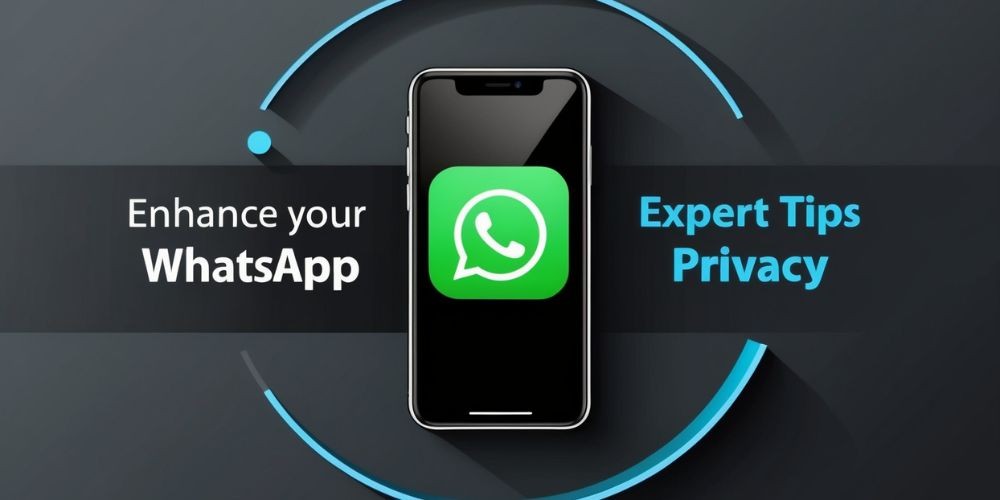
In today's digital age, securing personal information has become more crucial than ever, especially on messaging platforms like WhatsApp. With over two billion users worldwide, WhatsApp is a target-rich environment for cyber threats and privacy violations. Yet, thanks to its robust end-to-end encryption and various user-configurable privacy settings, WhatsApp provides a shield over your digital communications.
However, the onus of fully securing your interactions still falls on you and how you configure your privacy settings. Achieving optimal privacy isn't complex but requires a fine-tuned understanding of WhatsApp's features. This guide provides insights into effective strategies to manage and enhance your WhatsApp privacy, ensuring you maintain control over who can access your information and how it can be used.
Strengthen Your WhatsApp Account Security
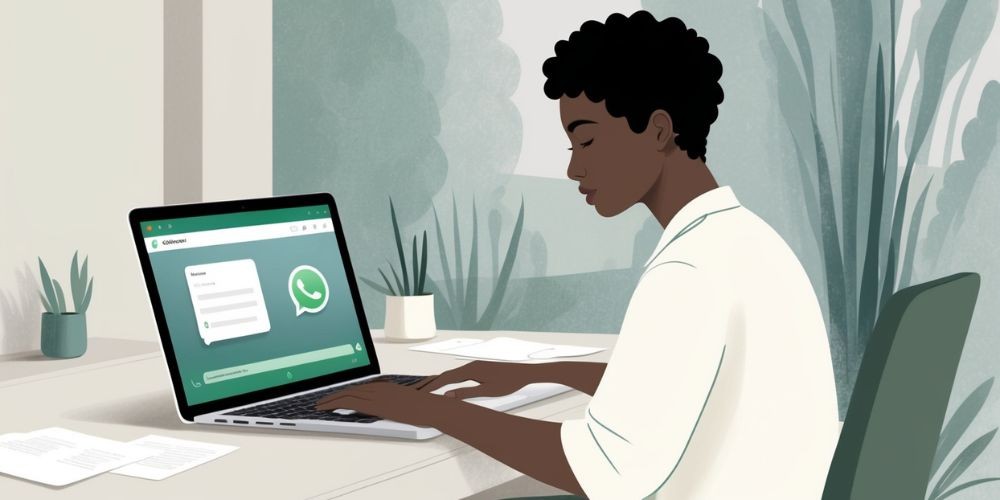
Before delving into privacy settings, it's vital to fortify your account against unauthorized access. WhatsApp relies on phone numbers as identifiers, which means securing your phone number is paramount. Begin by enabling two-factor authentication (2FA) to add an extra layer of security. Navigate to Settings → Account → Two-step verification and establish a PIN that will be required whenever you register your phone number with WhatsApp. Moreover, linking an email address to your account can be a backup in case of SIM swapping or number recycling issues. This feature is accessible in Settings → Account → Email address.
Regularly conduct an audit of devices logged onto your WhatsApp account. This can be crucial to spot any unauthorized access attempts. Go to Settings → Linked devices, and review the list of connected devices. Log out any device that doesn't belong to you. Staying vigilant about device access can preempt many types of account hijacking attempts.
Guard Your Chats Against Prying Eyes
Ensuring that your chats are secure extends beyond having your account locked down; it's also about what happens if someone gets a hold of your device. Start by setting up a screen lock on your phone. Then, disable message previews in WhatsApp notifications that are visible on the lock screen. This little tweak is a simple but effective way to avoid revealing your messages at inopportune times.
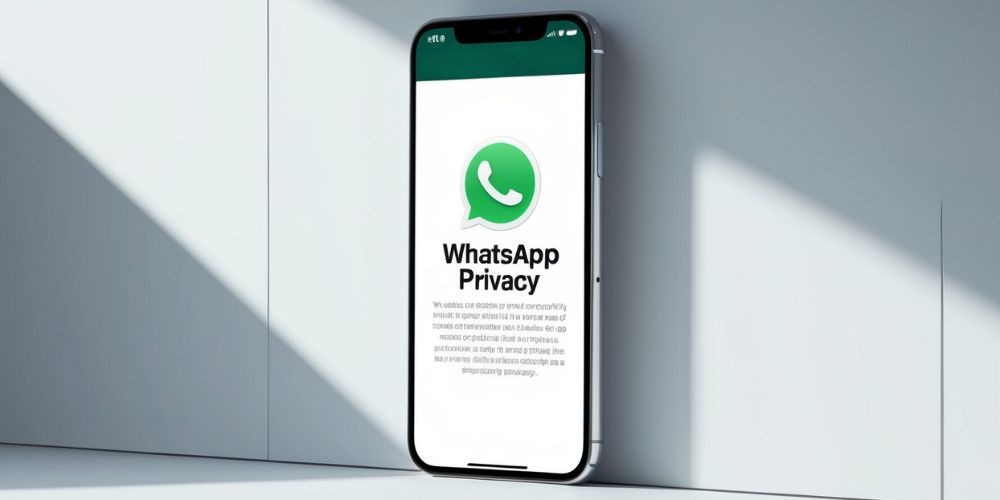
Leveraging WhatsApp's built-in app lock feature adds another layer of security, ensuring that even if someone accesses your phone, your WhatsApp messages remain unreachable without the correct authentication. You can manage this setting in Settings → Privacy → App lock, and I suggest setting it to lock after one minute of inactivity for an optimal balance of security and convenience.
For more advanced privacy, consider using WhatsApp's Lock Chat feature, which hides conversations in a separate folder. To use it, select a chat, tap on the contact's profile picture, scroll down, and select Lock chat. Additionally, WhatsApp makes it quick to delete locked content through Settings → Privacy → Chat lock.
Utilize Disappearing Messages Wisely
WhatsApp's disappearing messages offer an added privacy measure by ensuring that messages in selected chats do not linger forever. You can set a timer for messages to vanish after a preset duration, a helpful feature when sensitive information is shared. Activate this by tapping on a contact's profile in a chat, scrolling to Disappearing messages, and selecting the lifespan of the message.
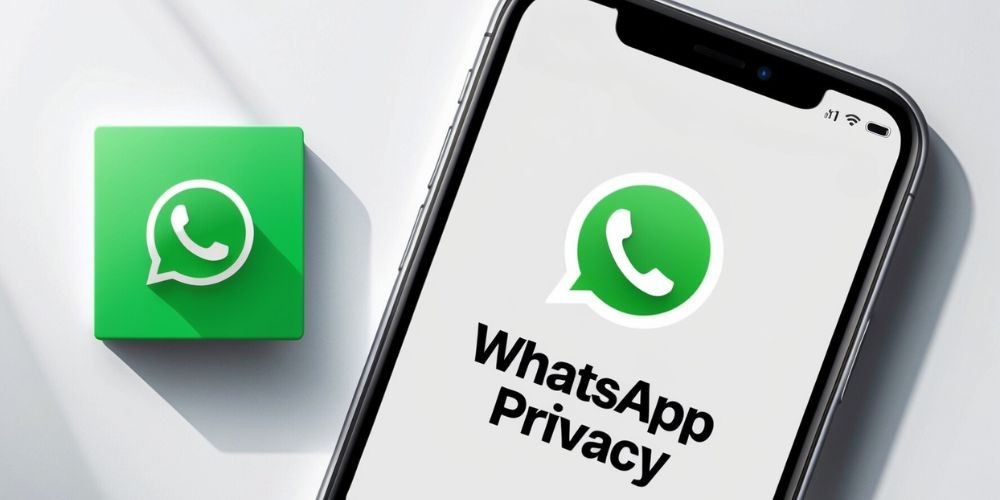
There's also an option to set a default timer for all new conversations, found in Settings → Privacy → Default message timer. Moreover, for media, WhatsApp allows sending photos, videos, and voice notes that self-destruct after being viewed once.
Control Your Read Receipts and Visibility
Managing your read receipt settings is another area to personalize your privacy experience. Disabling read receipts ensures your contacts are unaware when you’ve viewed their messages. This can be toggled off in Settings → Privacy. Remember, this setting applies reciprocally; you won’t know when your messages have been read either, and it doesn't affect group chats.
Paying attention to other visibility settings can further control how much information you share. Here’s a balanced setting suggestion:
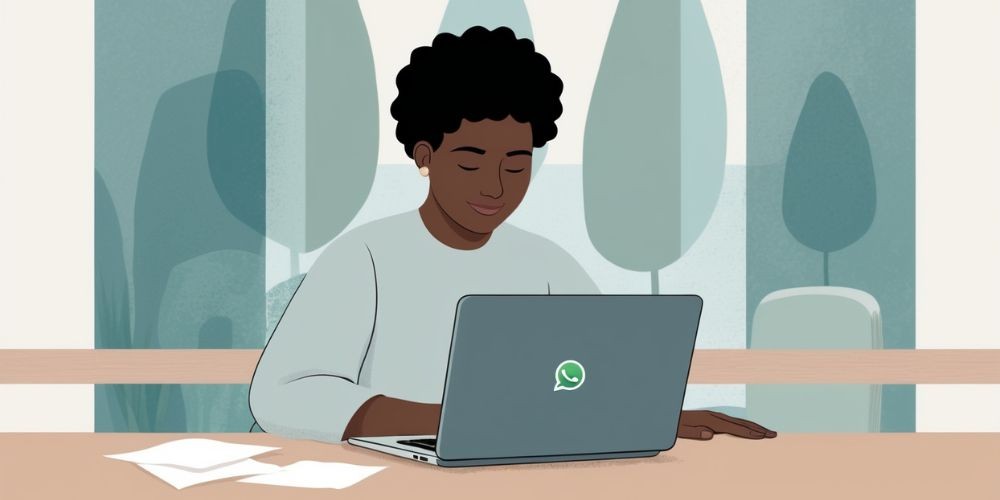
- Last Seen & Online: Nobody
- Profile Photo: Everyone
- About: Everyone
- Groups: My contacts
- Status: My contacts
- Calls: Silence unknown callers
These privacy control settings allow a degree of openness with your contacts while ensuring people not in your address book have limited access to your personal information.
Verify Secure Communication and Safeguard Backups
The sensitive nature of chat data requires you to confirm you're communicating securely. Each chat in WhatsApp has a unique encryption code. Regularly compare this code with your contacts through another secure communication means to confirm the integrity of your chat.
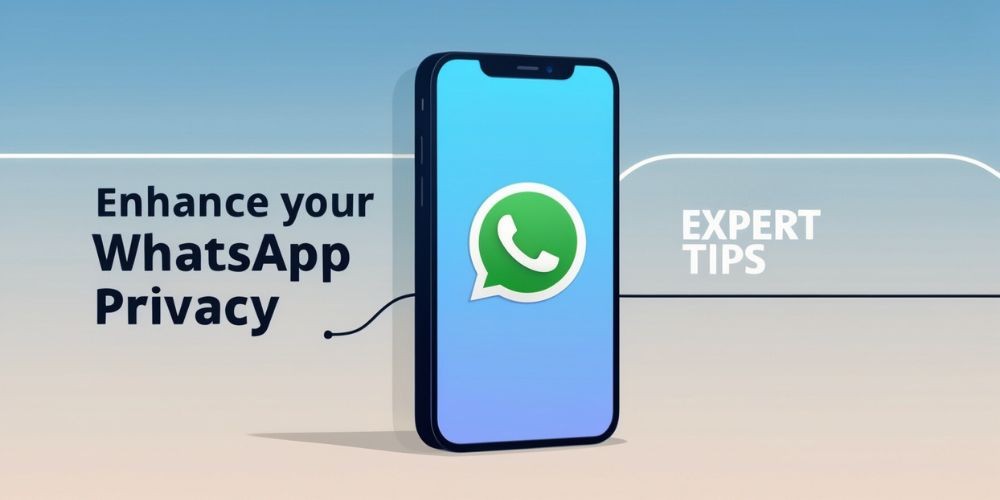
You can find this information by tapping your contact’s profile picture and selecting Encryption. Additionally, enabling security notifications can alert you if a chat's security code changes, which you can activate through Settings → Account → Security notifications.
Making secure backups is crucial for data loss protection, but they should also be privately safeguarded. To back up chats with end-to-end encryption, go to Settings → Chats → Chat backup and enable the encrypted backup option. This step encrypts the backup stored in Apple’s or Google’s cloud, ensuring only you have access to it.
Moreover, migrating chats between devices without security leaks is feasible within the app. Options for chat transfers are found under Settings → Chats, with steps specifically outlined for both iOS and Android migrations.
Amount to Complete Security with Device Protection

Every security measure put in place within WhatsApp can become vulnerable if your device itself is compromised, emphasizing the importance of securing your smartphone. Regularly update your device's operating system and applications to patch security vulnerabilities. Utilize strong passwords and biometric locks, and avoid using public Wi-Fi networks for sensitive communications.
Employ additional security tools like reliable antivirus software to prevent malware infections or unauthorized access. Consider using privacy-centric services that offer wider protections across your digital footprint. Remember that your online security only extends as far as the weakest point; bolstering your WhatsApp and device security is a combined effort that shields your personal information effectively.
In conclusion, while WhatsApp offers robust inbuilt privacy features, ultimate security entails an informed and proactive approach to managing these settings. By diligently following these practices, you can ensure a more secure and private messaging experience.







